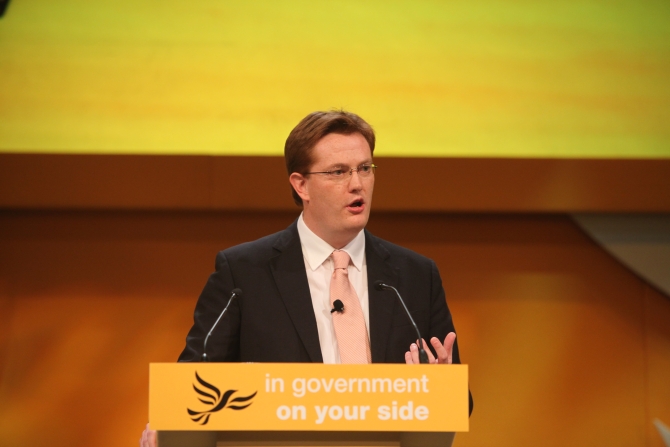Last year, the Government announced a review into the business rates system after widespread calls for an overhaul of commercial property tax. This week, the long awaited review has finally been launched and the results are expected to be announced in time for the annual Budget next year.

Although the exact nature of the review is yet to be revealed, government representatives have confirmed that it will examine ways in which the system could be modernised to reflect property value changes and the methods of taxation used in other countries. The latter aspect is expected to be particularly useful as the rates paid by English firms are currently the highest in the European Union – meaning these are the highest expenses for businesses after rent and wages.
Chief Secretary to the Treasury, Danny Alexander (pictured), says; “The time has come for a radical review of this important tax. We want to ensure the business rates system is fair, efficient and effective.
“Lots and lots of people have views about how the business rates system doesn’t work, but as soon as you get into what an alternative system might look like there’s much less consensus.”
It seems that the launch of the business rates review may have come just in time for the high street, as new research from PwC and the Local Data Company (LDC) has revealed the number of shops disappearing from Britain’s high streets almost tripled in 2014 when compared to the previous year. A total of 5,893 stores closed their doors for good while only 4,852 new outlets opened, resulting in a net loss of 987 functioning retailers.
This, industry experts claim, is particularly worrying as Britain continues to enjoy a strong economic recovery and historically low inflation – both traditional signifiers of a “boom period” for retailers. The West Midlands fared the worst with a total of 153 net closures, contrasting strongly with the East of England where only 32 outlets closed.
Retail leader at PwC, Mark Hudson, believes the rise of internet shopping is a major factor in this trend.
He says; “We’re again seeing the continued effects of the digital revolution and consequent change in customer behaviour play out on the high street.
“These trends have been with us for some time and we should expect the rate of closures to continue.
“Customers are embracing new mobile technologies, traditional retail channels to market are being wiped out and new channels are being created, often in the online rather than the ‘real’ world.”
With the business rates system soon to be transformed for the first time since its implementation in 1988, there are hopes that small retailers may soon have a little more financial power to fight back against the highly competitive e-tailers poaching their customers. However, only time will tell whether the promised review will be “too little, too late” for the nation’s high streets.